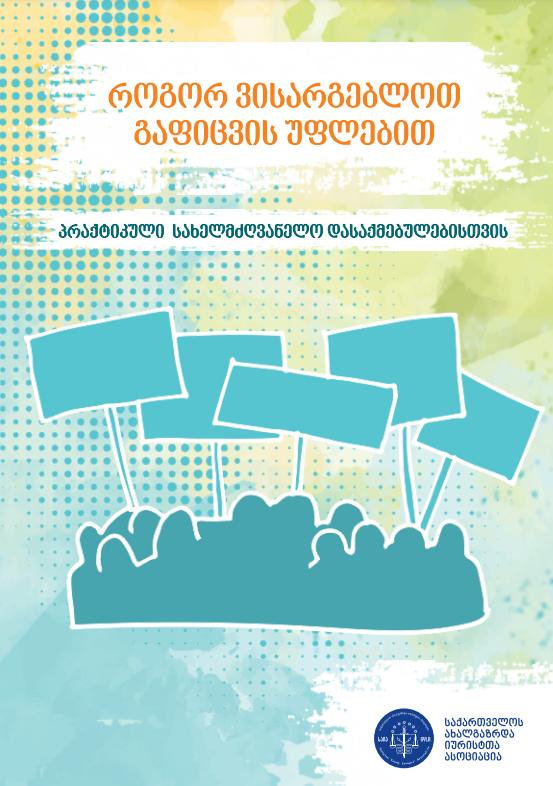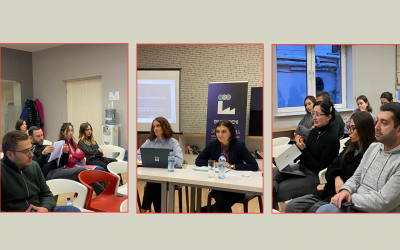Georgian Young Lawyers’ Association (GYLA), with the support of Open Society Foundation, has prepared this practical manual for employees on their right to strike.
What is a strike?
A strike is a temporary and voluntary refusal by an employee to perform the duties stipulated by their labor contract in the event of a dispute between the employee and the employer. During a strike, an employee may refuse to perform duties in whole or in part.
A strike starts when the employee and the employer differing positions on key issues and it becomes impossible to reach a consensus through negotiations (for example, the employee wants a salary increase, and the employer says that a salary increase is not possible).
The purpose of a strike is to continue the labor relationship under new conditions demanded by the employees — for example, to change a condition of the labor contract or to improve working conditions. The purpose of the strike is not to terminate the labor contract. During the strike, the labor relationship is considered suspended, not terminated.
What are the legal aspects of the right to strike? What procedure should employees follow during a strike? Over what issues can employees strike? Who is restricted from participating in a strike? Read the report to learn more.
Available in Georgian only.
This publication was prepared individually by a member organization of the Fair Labor Platform and does not necessarily reflect the position of the Fair Labor Platform and/or its other members.



